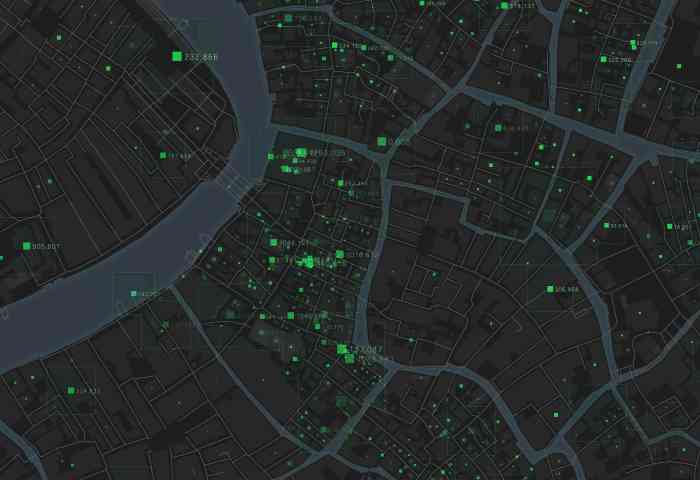Get started with Mizzou
Apply hereGeospatial analytics graduate certificate
You have a keen eye for the story hidden in data. With emerging technologies leading to greater access to spatial-temporal data, now is the best time for you to develop your analytics tool kit and discover ways that location data can be used to solve problems, identify patterns and predict outcomes.
For those looking to integrate location science skills into their work, the 100% online certificate in geospatial analytics from the University of Missouri (Mizzou) will teach you the necessary vocabulary and techniques to understand and utilize spatial data and effectively collaborate with others in the field.
Through team-based and hands-on course work, you will learn to cull and utilize data throughout the lifecycle from raw form to a decision-making final product. You will receive a ground-up education in core geospatial analytics concepts through a meticulously designed curriculum built natively for online students to ensure success.
Gain practical and solid skills backed with fundamental data science theory for a well-rounded understanding that can be applied immediately in your work or research. Take on the Mizzou geospatial analytics graduate certificate and set yourself apart with an advanced skill set.
Course work for the graduate certificate is built on and can be applied toward the master of science in data science and analytics.
Quick facts
Official name
Graduate Certificate in Geospatial AnalyticsCampus
Program type
Graduate certificateAcademic home
Graduate School | MU Institute for Data Science and InformaticsDelivery mode
100% onlineAccreditation
Higher Learning CommissionCredit hours
12Estimated cost
$13,005.60*This cost is for illustrative purposes only. Your hours and costs will differ, depending on your transfer hours, your course choices and your academic progress. See more about tuition and financial aid.

Career prospects
The collection and analysis of spatial data is becoming more prevalent in a variety of fields, and the skills you’ll earn with a geospatial analytics graduate certificate could lead to jobs like:
- Geospatial analyst
- Geospatial data scientist
- Location services analyst
- Data scientist
Program structure
The geospatial analytics graduate certificate is built with a focus on an interactive classroom environment. Through entirely online synchronous and asynchronous course work, you will complete analyses of data sets akin to real world projects, developing an in-depth toolkit to approach real world data analysis.
Coursework includes
- Data and analytics
- Geospatial data engineering
- Geospatial analytics
Delivery
100% onlineCalendar system
Semester-basedTypical program length
1–2 yearsTypical course load
1–2 per semesterAccreditation
The University of Missouri is accredited by the Higher Learning Commission, one of six regional institutional accreditors in the United States.
Faculty spotlight

Tim Haithcoat has years of experience in developing and managing geospatial technologies in both research and applied environments to the DSA program. His research interests involve applying geographic information approaches for solving real-world application issues and their subsequent accuracy assessment and validation. This applied research supports interdisciplinary research objectives in a range of diverse areas including wildlife biology, broadband access, risk assessment, social and cultural mapping and healthcare assessments.
